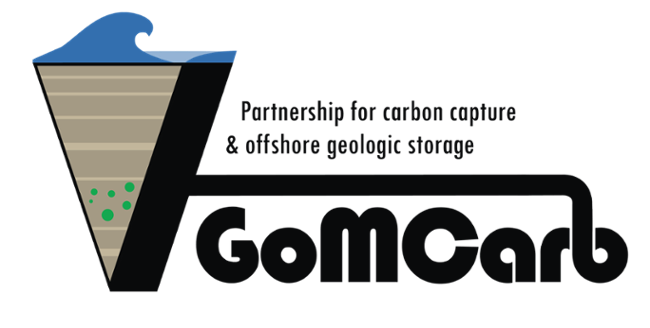Lamar University Part of Global Partnership to Solve CO2 Capture & Storage Problem
 Lamar University, in a unique partnership with the University of Texas, is leading a global project to research how to best capture and store carbon dioxide (CO2).
Lamar University, in a unique partnership with the University of Texas, is leading a global project to research how to best capture and store carbon dioxide (CO2).Lamar University will host the next meeting of the partnership Feb. 11 and 12 in the Setzer Student Center on the Lamar University campus.
Dr. Tracy Benson, associate professor in the Department of Chemical Engineering at Lamar University, said stakeholders are traveling from all over the world to attend the two-day event, which will include a day of discussions but also visits along the Texas Gulf Coast.
“Carbon dioxide is thought to be a greenhouse gas, and if it is, then we want to know how we can reduce the amount we emit but also capture and store what we do emit,” said Benson, who will serve as Lamar’s host for the meeting. “It’s a global problem that requires global brainpower; we’re glad to be part of the think tank.”
A main focus of the February meeting will be to assess offshore (sub-seafloor) geologic carbon storage beneath the Gulf of Mexico. GoMCarb believes that pumping CO2 miles below the ocean floor into saline aquifers, allowing CO2 to be stored forever with no environmental impact.
“The idea here is to take an oil well that is no longer producing oil but is positioned one or two miles off the coast in the Gulf of Mexico and see if we can pump CO2 down below the ocean floor,” said Benson. “Because of the oil wells that have already been drilled in the Gulf of Mexico, we know a lot about the subsurface from mapping and modeling, which is a good starting point.”
While here, the stakeholders and project partners will tour various sites along the Texas Gulf Coast to consider as CO2 storage possibilities. All information presented and discussed during the meeting will be shared with the broader carbon capture storage stakeholders around the world.
“I think the big question for this meeting is, ‘if we put it down there, will it stay,’” said Benson.
Ultimately, the knowledge base created by the Offshore Carbon Storage Partnership will facilitate subsequent development of technology-focused permitting processes needed by regulators, identify and address knowledge gaps among the varying stakeholders, regulatory issues, infrastructure requirements and technical challenges associated with offshore CO2 storage.
Benson expects the partnership and project to continue for the next decade and for Lamar University’s role to remain significant based on its proximity to the Gulf Coast, its statute in engineering and relationship with local industry leaders.
For more information about GoMCarb and the meeting at Lamar University, contact Dr. Tracy Benson at tracy.benson@lamar.edu.
Posted on Mon, January 28, 2019 by Shelly Vitanza


